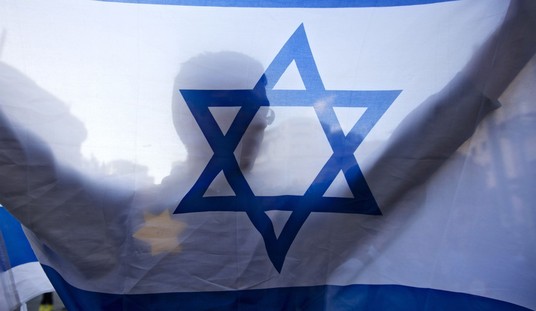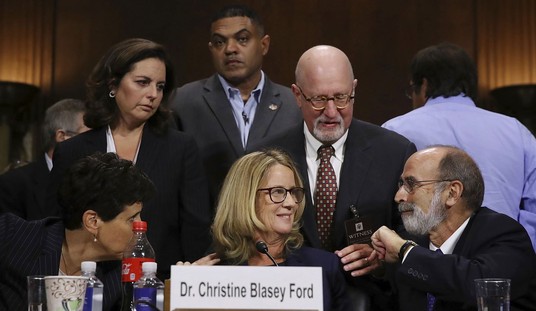In the war on terror, few allies have fought as bravely and committed themselves to the fight as much as our Canadian cousins. Outside of the UK, Canada has committed the most combat troops, sustained the most casualties, and yet remained among the most adamant of American allies in NATO. That is why this report from intrepid reporter Michael Yon is so disappointing, if true:
A reporter at Canwest News Service emailed Saturday asking for information on the four Canadian soldiers and the journalist who were killed on December 30 in Afghanistan. I supplied a portion of the unpublicized information, and the reporter emailed Sunday that the Canadian military is “trying to suppress our telling of your information.”
The reporter also wrote, “While the Canadian military confirmed to me much of the information you provided, they are trying to prevent us from publishing it, saying it would breach our agency’s embedding agreement.”
There is nothing classified or sensitive about the information supplied to Canwest. This smells of a classic cover-up that has nothing to do with winning or losing the war, but more likely something to do with saving embarrassment.
Canada is hardly alone in discouraging reporting of failures by war correspondents, as Yon attests in this article. The US has not always looked upon Yon happily, causing Yon to write about official censorship practices in 2006 while reporting from the ground in Iraq. More recently, Yon gave a lengthy narrative about his expulsion from an embed with British forces and his battle with a British commander, whom Yon dubbed “Bullshit Bob” for his information-management techniques.
In this case, the Canadian government and military has a problem with public support — a problem exacerbated by the Obama administration. While Obama gave high-profile personal briefings on his new Afghanistan strategy to nations like Russia and China, who aren’t a part of the coalition, Obama delegated Joe Biden to explain things to Stephen Harper. That was widely seen as a slap in the face to the Canadians, who have bled plenty for the American initiative in Afghanistan — certainly more than the Russians or Chinese, or most of the other nations with whom Obama carved out time in his schedule to brief. One can understand the impulse to control bad news and keep public support from eroding even further, especially if the government understands how critical the effort in the Af-Pak theater is. After all, the EunuchBomber could have easily blown Northwest 253 over a Canadian city, killing dozens or hundreds of its citizens on the ground, and they already have had to deal with home-grown terrorists inspired and perhaps directed by radical Islamists in Pakistan.
But as understandable as the impulse is, war correspondents have to have the freedom to report bad news as well as good news from the front. Without Yon’s reporting in Iraq during the 2006 period, conservatives may never have faced the truth that the war effort had run off the rails and new strategies were needed to rescue the effort (although Michael took a lot of heat from some conservatives for saying so). Canwest should have the freedom to report on the war as it is, not how its government wants it to be, so that when good news comes, it can be credible and trustworthy. If Canada has attempted to stifle such unclassified reporting, hopefully cooler and wiser heads prevail.
Addendum: Michael Yon provides his independent war reporting based entirely on reader contributions. Be sure to toss a few coins in the tip jar while you’re there — and don’t miss his latest pictorial from Afghanistan, “Into Thine Hands I Commit My Spirit.”
Update: Kate says the problem lies elsewhere (via Newsbeat1).








Join the conversation as a VIP Member